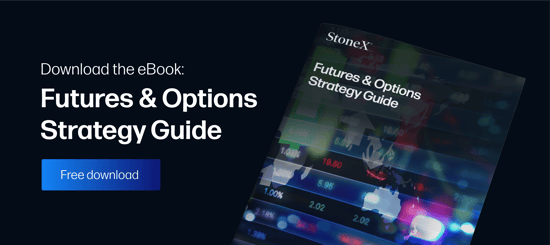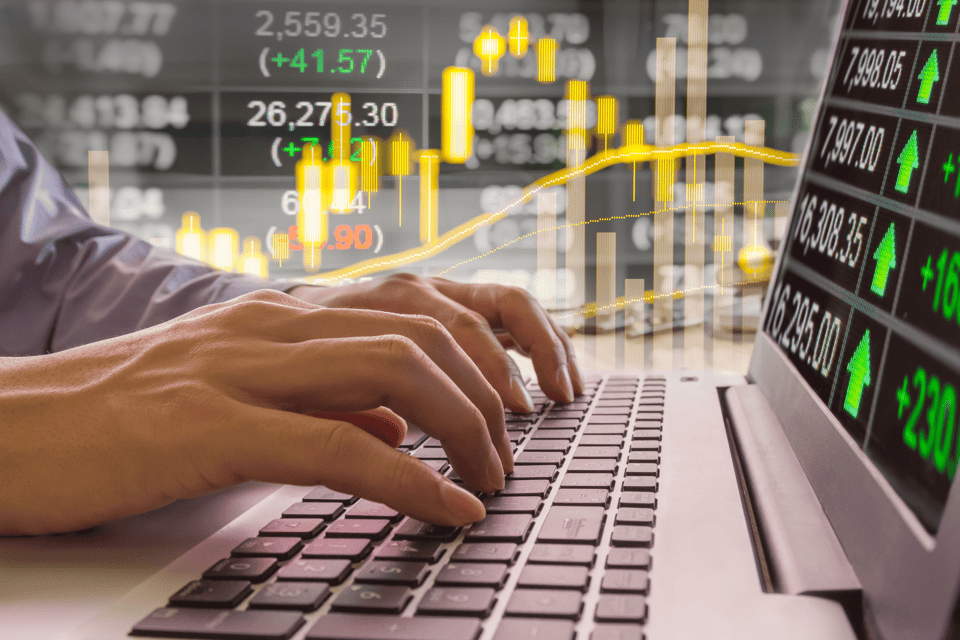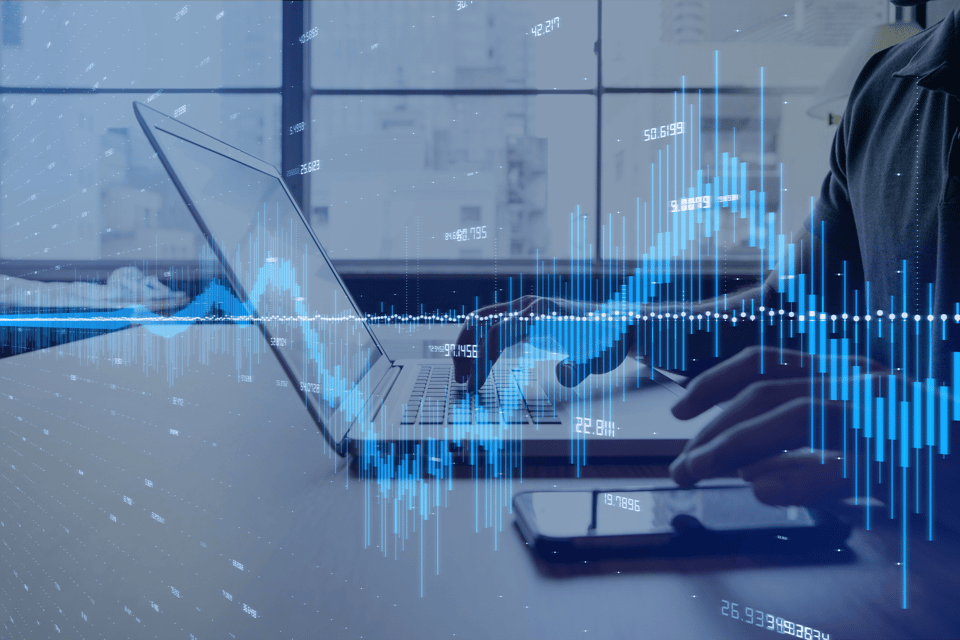The rise of zero-commission online equities brokerage outlets has attracted thousands of active traders to the marketplace. These services promote the benefits of trading stocks in short, medium, and long time frames. For people who experience success, becoming a commodity market trader appears to be the logical next step.
Sound familiar? Well, if you’re an active equities trader, it’s important to realize that commodity futures offer a collection of unique benefits and opportunities. However, there are three key differences to be aware of before jumping in with both feet.
1. Trading the Commodity Market
By definition, a commodity is an earth-borne raw material that may be bought or sold. Commodities are used in the manufacture of finished goods, as foodstuffs, or as a store of wealth. These products are traded directly on spot or futures markets and can be engaged indirectly via stocks and exchange-traded funds (ETFs)
Commodity market futures provide participants with a means to trade raw materials directly. Accordingly, there are several important ways in which these products differ from equities:
- Pricing: In practice, there’s a big difference between trading commodities and trading related stocks. The pricing of commodity futures is based on the value of the underlying asset in question, not companies or ETFs facing the sector. For instance, when you trade West Texas Intermediate (WTI) crude oil futures, the contract’s value reflects the market dynamic of light sweet crude. Conversely, investing in companies that specialize in drilling, exploration, or refinement may or may not generate like returns.
- Extended market hours: Commodity futures feature an extended electronic session. Although every product is subject to specific business hours, many are open for trade 23 hours a day, five days a week. As a result, the futures trading day is much longer than that of stocks.
- Expiration: Commodity futures contracts are perishable items. If you buy a share of stock, you theoretically own it as long as the company remains solvent. However, a futures contract has a finite expiration date, after which it ceases to be tradable.
These three considerations are important to remember if you’re an aspiring commodity market participant. Pricing, expiration, and the extended trading session are three elements to account for when making the transition from stocks to commodity futures.
2. Leverage
Compared to the trade of equities, commodity futures are highly leveraged financial instruments. From a pragmatic standpoint, this means several things to the active trader:
- Reduced margins: Futures margins typically run between 3-12 percent. These amounts are a fraction of the 50 percent margin requirements assigned to most equities products
- Extraordinary returns: Commodity futures are renowned for exhibiting consistently robust volatility. The pricing of metals, energies, and agricultural contracts are all prone to trend as market underpinnings evolve.
- Enhanced risk: High degrees of leverage and pricing volatility enhance the risk profile of commodity contracts. Without an aggressive risk management approach in place, sustaining large losses is possible.
Although trading commodity market futures can be riskier than trading traditional stocks, generating extraordinary returns is feasible. Also, given the vastly reduced margins, it is possible to improve your capital efficiency multifold over traditional equities products.
3. No Counterparty Risk
If you have any experience at all in the business world, then you’re familiar with counterparty risk. In practical terms, counterparty risk is the probability that one or more participants in a transaction will default on their contractual obligations.
One of the greatest benefits enjoyed by commodity market participants is the lack of counterparty risk. All transactions are centrally cleared through a formalized exchange. This framework effectively eliminates the risk of default from those on the other side of your trade. Gone are losses from untimely corporate bankruptcies or ETF liquidations―the only financial risks are those posed by pricing volatility and the possibility of selecting an incompetent brokerage service



